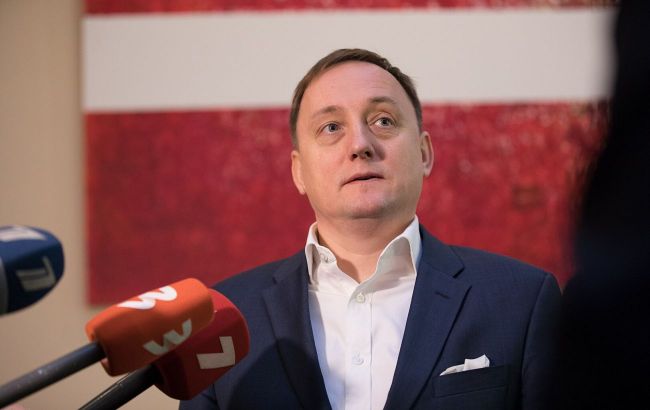EU will have to seize Russia's assets for Ukraine to win - Bank of Latvia Governor
 Bank of Latvia Governor Martins Kazaks (wikipedia)
Bank of Latvia Governor Martins Kazaks (wikipedia)
Western policymakers need to stop fretting over the financial and legal repercussions of tapping into frozen Russian assets to arm Ukraine, according to Martins Kazaks, the head of the Bank of Latvia.
Kazaks stressed that European policymakers must acknowledge that Russia's aggression poses a far greater risk to the European economy.
"Of course the aggressor's funds must be used. In plain geopolitical sense, Ukrainians need money and we need to provide the money—it’s in our common interest," Kazaks said.
He added that the question lies in whether to tax their citizens or utilize the aggressor's assets. "If the war is long, bloody and extremely costly, at one point you will need to go into the assets."
The ECB consistently opposes using frozen Russian assets to purchase arms, arguing that such a move could violate international laws safeguarding the Central Bank's assets held in foreign reserves. This, in turn, could jeopardize trust in the euro.
However, Kazaks argued that this argument has two sides. He said that allowing Ukrainian military operations to exhaust funding, thus emboldening Russian aggression and ultimately allowing it to prevail, would have broader implications for European authority, which in turn would affect the euro and thus price and financial stability, the primary goal of the ECB.
"If our deterrence against Russia is weak and there is an attack that goes beyond Ukraine ... it make Europe less credible. So in terms of the international role of the euro, [seizing assets] will have its repercussions, but the alternative is even worse," he emphasized.
Confiscating frozen Russian assets
At the end of February, the President of the European Commission, Ursula von der Leyen, said that it's time to discuss using the proceeds from frozen Russian assets for joint procurement of military equipment for Ukraine.
According to EU High Representative for Foreign Affairs Josep Borrell, until recently, using the proceeds was seen as supporting Ukraine's reconstruction. However, preventing further devastation has become the primary concern lately.
Meanwhile, during the meeting of the EU Foreign Affairs Council on March 18, a decision was made to provide an additional €5 billion for military aid to Ukraine under the European Peace Fund.

